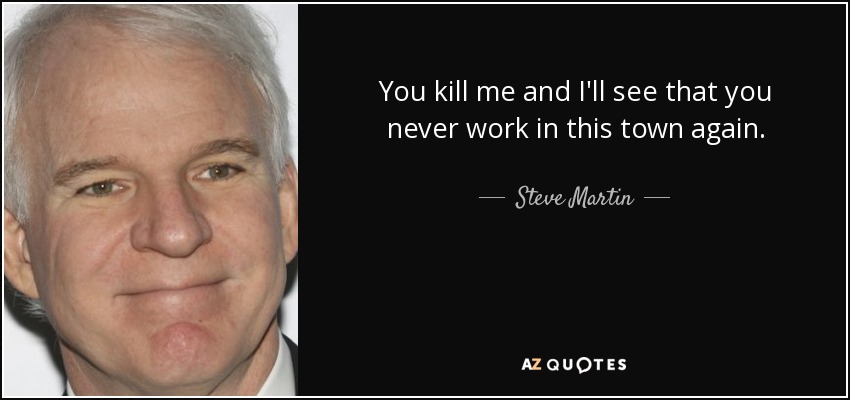Reporters in Politics
22 Nov 2016I frequently write things that people in the government IT community probably find hurtful. I do it deliberately, because I think the issues should be aired.
As I semi-jokingly tell my family, with reference to my former career as a government IT consultant: “I want to make sure I never work in this town again.”
At this point, I’m pretty sure that I have succeeded.

Bill Tieleman has a very even-handed write-up on the troubling rush of journalists into the BC Liberal Party’s tent over the past few years.
In fact, Tieleman’s take is so even-handed it displays the same fault that he’s bending over backwards to not describe: he’s avoiding saying hurtful things in order to retain future relationships.
But the question isn’t whether Darling or Johal were biased toward the BC Liberals. It’s how much their years of hard-earned fairness will help their new party sell some dubious claims — even about issues the two journalists may have ripped them on in the past.
Tieleman is a communications expert with a professional interest in remaining a respected member of the club of communications experts, and he very carefully avoids impugning the motivations of any of the subjects of this article, while larding out praise for his subjects’ “hard-earned fairness”.
Similarly, journalists have a professional interest in maintaining good relationships with their fellow professionals, the communications and PR staff (and their bosses) in the organzations they report on.
Why would they not?
The exit ramps of journalism are few and far between: corporate PR, and government communications. For a very few well-known press celebrities, like Jas Johal or Steve Darling, perhaps a direct leap to politics (with a winning party, if you still want a pay-cheque, n’est pas).
In these tenuous times, it is perhaps too much to ask, but I’d like my journalism to come from folks who aren’t so chummy with the people they report on. And I don’t just mean “I’d like a job later” chummy. I also mean “we’re all just blokes doing a job together” chummy. The kind of chummy that leads to events like the Press Gallery dinners in Ottawa and the Correspondents Association Dinner in DC, where the press and their subjects mingle and share comedy stylings and even the most egregious policy decisions can be played for a joke (remember George W. Bush looking for WMDs in a “hilarious” bit from 2004).
I don’t think many journalists write the stories that will never let them work in this town again.
In fairness, not many of them can afford to. It’s probably not a coincidence that some of the harshest takes on BC government policy and politics come from journalists and professionals who are safely retired.
Precarious employment has a way of disciplining folks, no matter if they are blue collar mill workers or white collar journalists: you’ve got to go along to get along.
It used to be that free speech only belonged to those who owned a printing press. Now it belongs to those beyond the reach of the marketplace: are you secure enough not to care what anyone thinks of you? Write away. Otherwise: you know the party line, stick close to it.



